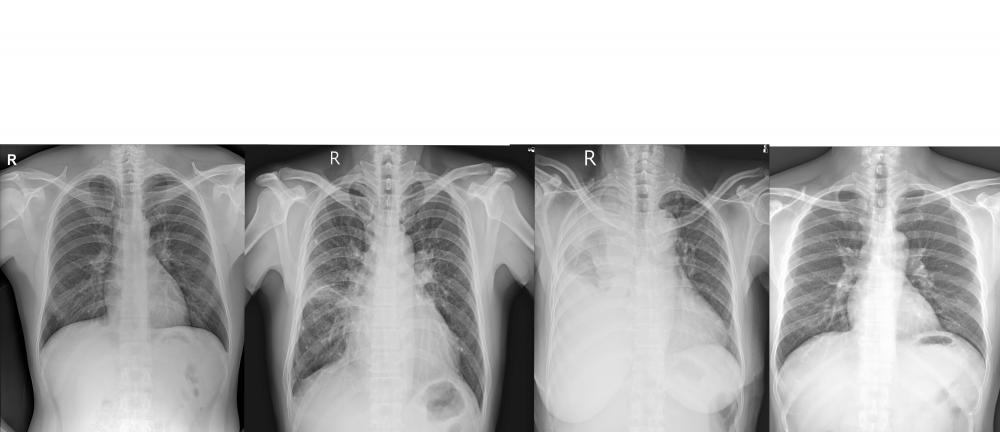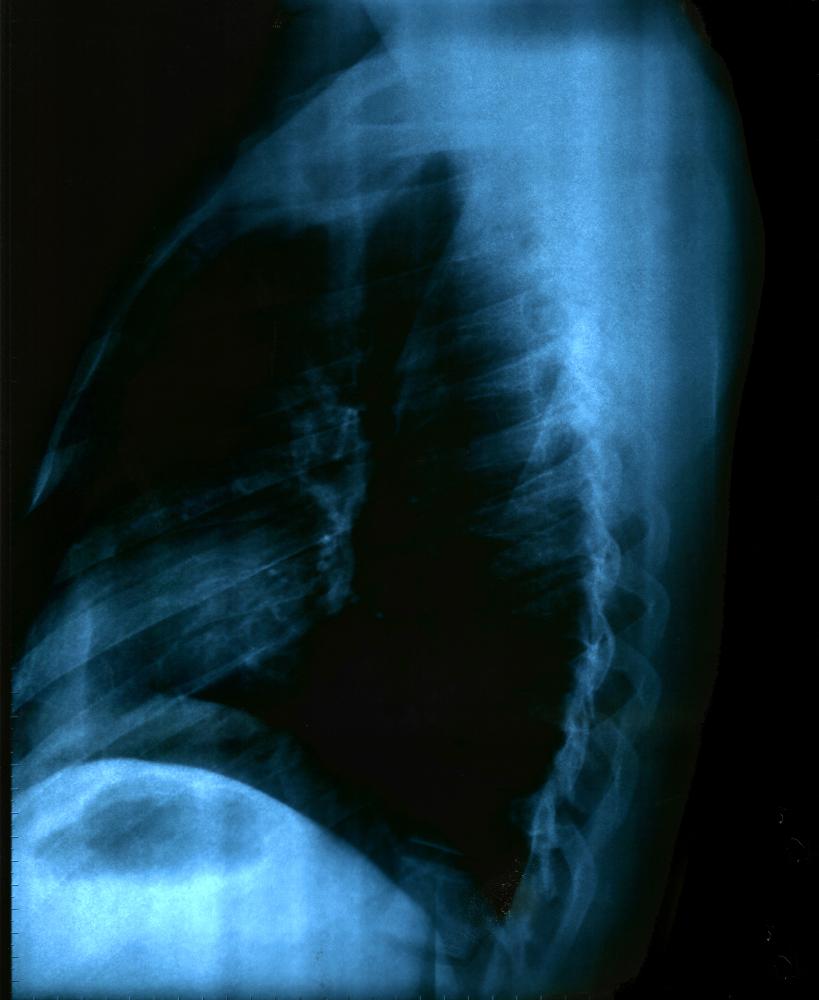
Understanding Infant Hernias
Facing a diagnosis of a hernia in your infant can be a challenging moment for any parent. It’s a time filled with worry and the urgent need to find reliable and compassionate care. Infant hernias, particularly umbilical hernias, are relatively common, but knowing this doesn’t make the situation any less stressful. As a pediatric surgery practice, we often encounter parents seeking the best possible care for their little ones. An umbilical hernia occurs when a portion of the intestine protrudes through an opening in the abdominal muscles near the belly button. While many of these hernias close on their own, some require surgical intervention for the well-being of the child.
Finding an Infant Hernia Specialist Los Angeles
When it comes to choosing an Infant Hernia Specialist Los Angeles, the decision is paramount. I’ve witnessed firsthand the difference that specialized, compassionate care can make. In my own family, we faced a significant health scare that brought us to the doors of numerous medical facilities. This personal journey has not only shaped my approach to care but has underscored the importance of selecting a provider who truly understands the intricacies of pediatric conditions.
At Pacific Coast Pediatric Surgery, we pride ourselves on being at the forefront of pediatric surgical care. Our approach is rooted in the latest scientific research, combined with a deep commitment to offering personalized care. Choosing an Infant Hernia Specialist Los Angeles should not only involve evaluating their credentials but also understanding their philosophy towards treating young patients.
Philosophy of Care
As a parent, the well-being of your child is your top priority. This resonates deeply with me, especially considering the family health challenges I’ve faced. It’s this personal insight that infuses every aspect of our practice. We treat each child as if they were our own, emphasizing a gentle approach to surgery and recovery. Our goal is not just to remedy the immediate issue but to ensure the long-term health and happiness of your child.
Our expertise in handling Infant Hernia Specialist Los Angeles cases is complemented by our broader commitment to addressing pediatric surgical needs. From the initial consultation through recovery, we provide guidance and support that goes beyond the operating room.
Expertise and Experience
Finding an Infant Hernia Specialist Los Angeles synonymous with excellence means looking at their track record. In my years of practice, I’ve had the privilege of working with some of the most complex pediatric cases, offering not just solutions but also hope to many families. My team and I bring a comprehensive understanding of pediatric surgical issues, reinforced by ongoing education and research.
Our practice, Pacific Coast Pediatric Surgery, doesn’t just focus on the technical aspects of surgery. We also prioritize the emotional and psychological well-being of our patients and their families. This dual focus ensures that every child receives the highest standard of care, tailored to their individual needs.
We are well-versed in the latest surgical techniques, including minimally invasive options that promote quicker recovery and less discomfort. This commitment to innovation is a cornerstone of our practice, ensuring that your child has access to the best possible outcomes.
Choosing the Right Specialist
- Consider the specialist’s experience with infant hernias.
- Examine their philosophy of care and their approach to treating young patients.
- Look for a practice that prioritizes both the medical and emotional needs of your child.
- Ensure they use the latest surgical techniques and follow evidence-based practices.
As you embark on this journey, know that you’re not alone. The right Infant Hernia Specialist Los Angeles can provide not just healing, but also peace of mind. At Pacific Coast Pediatric Surgery, we’re here to guide you through each step, ensuring your child’s health and your family’s well-being.

Understanding Pediatric Chest Wall Deformity
At Pacific Coast Pediatric Surgery, we specialize in treating Pediatric Chest Wall Deformity, a condition that can be both physically challenging and emotionally taxing for children and their families. This condition, encompassing a range of congenital deformities such as Pectus Excavatum and Pectus Carinatum, requires a nuanced understanding and a tailored approach to treatment. Our work is informed by the latest research, ensuring that we provide the most advanced care possible.
My personal journey, marked by the trials faced within my own family, has deeply influenced my approach to treating these conditions. I view each case through a compassionate lens, remembering the confusion and concern that my family endured. This empathy drives my commitment to not only correct physical deformities but also support the emotional wellbeing of my patients and their families.
Our approach at Pacific Coast Pediatric Surgery is to evaluate each Pediatric Chest Wall Deformity case with thoroughness, considering non-invasive options whenever possible. We recognize that surgery is a significant step, one that comes with its own set of worries for parents. Therefore, we engage in detailed discussions with families, laying out all the information needed to make an informed decision about their child’s care.
Advanced Treatment Options
The evolution of surgical techniques has significantly improved outcomes for children with Pediatric Chest Wall Deformity. One of our focuses at Pacific Coast Pediatric Surgery is on minimally invasive procedures that offer shorter recovery times and less post-operative discomfort. For instance, the Nuss procedure for Pectus Excavatum and the Ravitch technique for Pectus Carinatum are two methods we utilize, tailored to each patient’s unique anatomy and needs.
In cases where surgery is necessary, our state-of-the-art techniques ensure that children not only receive corrective treatment for their deformities but also experience a smooth and more comfortable recovery process. The innovative use of advanced technology and techniques reflects our commitment to excellence in pediatric surgical care.
Through our practice, we’ve seen remarkable transformations, not just in the physical appearance of our patients but in their confidence and quality of life. Children, who once faced limitations and discomfort, often return to us with stories of newfound abilities and self-assurance. These stories are what drive us to continue improving and advancing in the field of pediatric surgery.
It’s important to note that early intervention can play a crucial role in the treatment of Pediatric Chest Wall Deformity. Recognizing symptoms early and consulting with a specialist can lead to better outcomes and, in some cases, less invasive treatments. We encourage parents to reach out as soon as they have concerns about their child’s chest development.
Personalized Care with a Difference
At Pacific Coast Pediatric Surgery, every child’s case is met with a personalized treatment plan, developed in close consultation with their families. Understanding that each Pediatric Chest Wall Deformity presents uniquely, we customize our approach, drawing upon a wide range of surgical and non-surgical options. Our multidisciplinary team works collaboratively, ensuring that all aspects of the child’s health are considered.
Moreover, our practice extends beyond the operating room. We offer comprehensive support services, including post-operative care and counseling, to assist families during the recovery phase. Our aim is not only to correct physical deformities but also to nurture resilience and positivity in our young patients.
Our dedication to this field is driven by the belief that every child deserves the chance to live a life unencumbered by physical limitations. Through our efforts at Pacific Coast Pediatric Surgery, we strive to turn this belief into a reality for each child we have the privilege of treating. Witnessing their journeys to recovery and newfound zest for life is an indescribable reward, fueling our commitment to excellence in the care of Pediatric Chest Wall Deformity.

When should a baby’s hernia be fixed?
Deciding when to fix a baby’s hernia truly depends on the type of hernia and the symptoms it’s causing. For instance, an umbilical hernia in infants often closes on its own by the age of 3 to 4 years. However, if the hernia is large, causing symptoms, or hasn’t closed by this age, surgical intervention may be needed. It’s a decision made with great care, considering the overall health and well-being of the child. In our practice, we closely monitor the progress of the hernia and guide parents through the decision-making process, ensuring they’re fully informed and comfortable with the care plan.
When should a pediatric hernia be repaired?
Pediatric hernia repair timing can vary based on the hernia type and the risk it poses to the child. For inguinal hernias, which are more common in boys and can appear in the groin area, prompt surgical repair is often recommended to prevent complications, such as strangulation of the intestines. Every child’s situation is unique, and in our practice, we evaluate each case thoroughly to determine the best timing for surgery, always prioritizing the child’s safety and best outcomes.
Which doctor is best for umbilical hernia?
For an umbilical hernia, the best doctor would be a pediatric surgeon, especially one with experience in treating hernias in infants and children. As pediatric surgeons, we’re trained to understand the delicate nature of children’s bodies and to perform surgeries that minimize discomfort and speed up recovery. Our approach at Pacific Coast Pediatric Surgery combines this expertise with a compassionate touch, ensuring that both the child and their parents are comfortable and confident in the care they’re receiving.
Is hernia surgery safe for babies?
Yes, hernia surgery is safe for babies and is a common procedure performed by pediatric surgeons. With advancements in surgical techniques, including minimally invasive options, the risks associated with hernia surgery are very low. In our practice, we prioritize safety above all, employing the latest evidence-based methods and technologies to ensure the best outcomes for our young patients. It’s natural for parents to worry, but rest assured, we are committed to providing care that is both safe and tailored to the specific needs of each child.
What values are most important in pediatric care?
In pediatric care, compassion, expertise, and a patient-centered approach are paramount. As a pediatric surgeon, I’ve found that treating each child as if they were my own allows me to connect with my patients and their families on a deeper level. This connection fosters trust, which is crucial for a successful treatment journey. Additionally, staying at the forefront of medical research and technological advances enables us to offer the most effective treatments while minimizing discomfort and recovery time for our young patients.
How do you approach the treatment of Pediatric Chest Wall Deformity (PCDW)?
Treating Pediatric Chest Wall Deformity requires a multifaceted approach. At Pacific Coast Pediatric Surgery, we begin with a comprehensive assessment to understand the extent of the deformity and its impact. From there, the treatment plan may involve watchful waiting, physical therapy, or surgical intervention, depending on the severity. We’re equipped with the latest surgical techniques, including minimally invasive options, to correct deformities such as Pectus Excavatum and Pectus Carinatum. Our philosophy emphasizes not only the surgical outcome but also the psychological well-being of our patients, ensuring a supportive and empathetic environment throughout the treatment and recovery process.
What qualities should you look for in a Pediatric Colorectal Surgeon?
Choosing the right Pediatric Colorectal Surgeon involves considering several key factors. First, look for a surgeon with specialized training and a track record of success in treating the specific condition your child is facing. Expertise in the latest surgical techniques and a commitment to evidence-based practices are also crucial. Equally important is finding a surgeon who prioritizes the patient’s and family’s emotional well-being, offering a compassionate approach and comprehensive support services. In our practice, we strive to embody these qualities, ensuring that families feel confident and cared for at every step of their child’s treatment journey.
Have you got more questions or concerns? We understand how important it is to feel fully informed when it comes to your child’s health. Please don’t hesitate to reach out with any further queries. Your peace of mind is our top priority.
Resources
- American Society of Plastic Surgeons – Patient Safety FAQ: The American Society of Plastic Surgeons provides valuable information on patient safety frequently asked questions related to plastic surgery procedures.
- HealthyChildren.org – Are Hernias Contagious?: HealthyChildren.org offers insights on whether hernias are contagious and provides information on abdominal conditions in children.
- Centers for Disease Control and Prevention – Infant Development: The CDC offers resources on infant development, including milestones, behaviors, and potential health issues.
- Johns Hopkins Medicine – Hernias in Children: Johns Hopkins Medicine explains hernias in children, including causes, symptoms, and treatment options.

